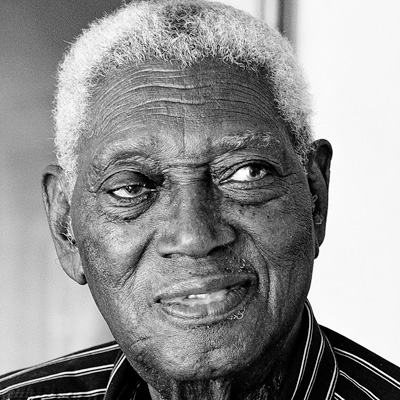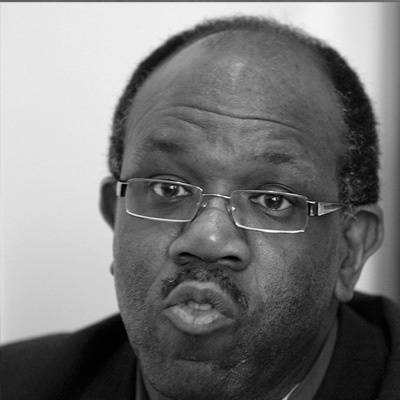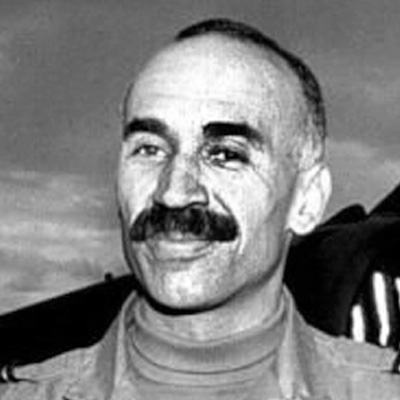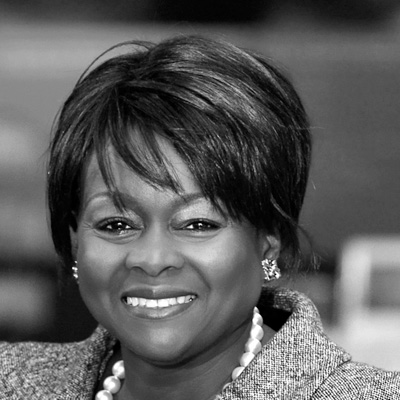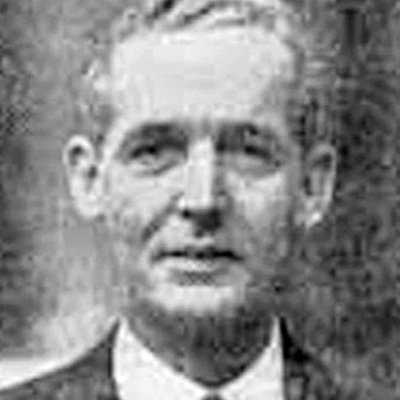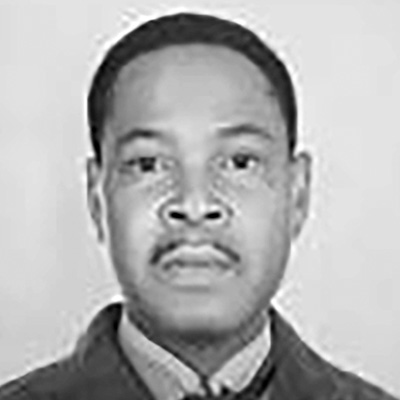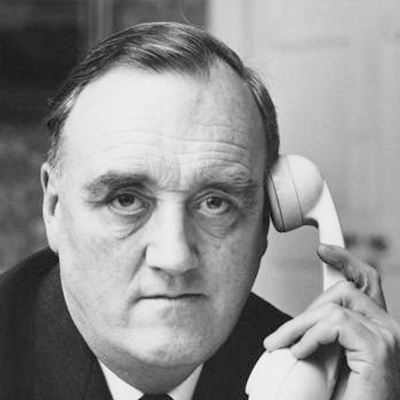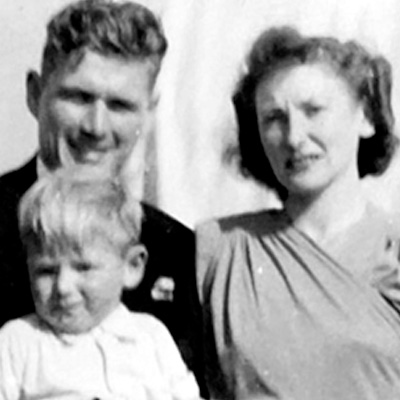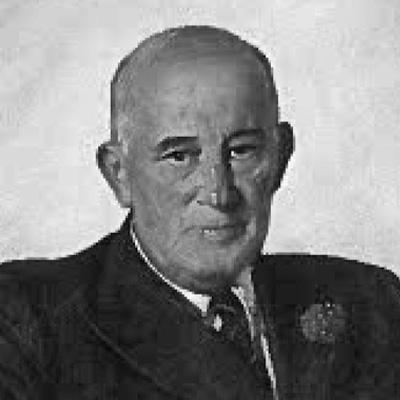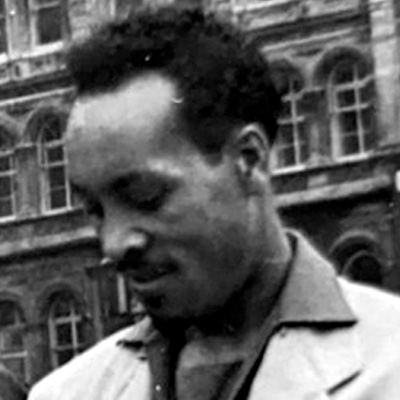Arthur Curling
PIONEERS
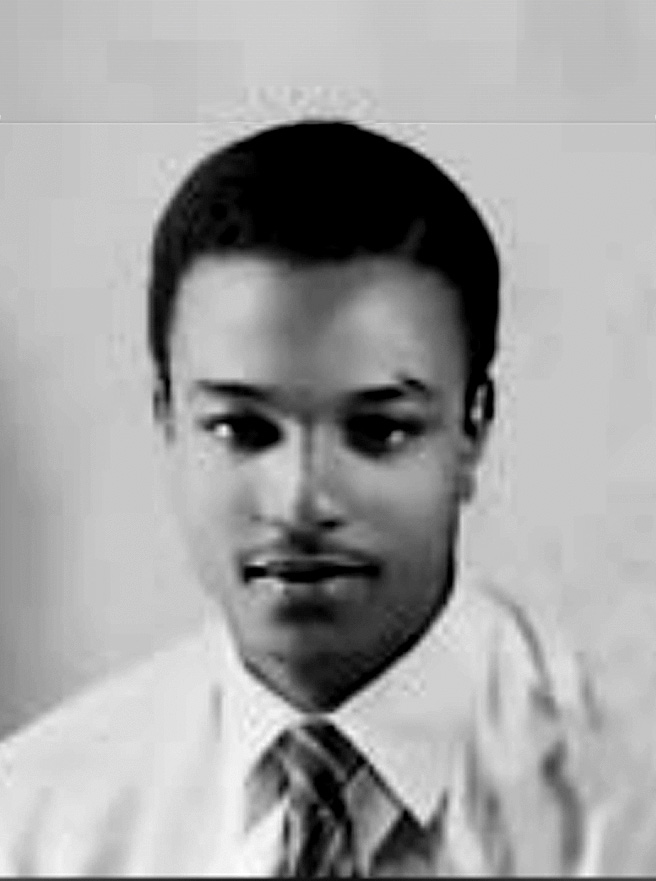
‘OK to fight in the war but not to wash dishes’
1928 - 2005
Share this:
“I came out of that place with tears in my eyes and if I could have got on a plane to leave England I would have,” he recalled in a Channel 4 documentary in 1998. “During the war we came here to help, after the war, their attitude was that we came here to take their jobs, if not their wives.” Despite this, he made England his home, and ended his days in Stevenage, Hertfordshire.
Arthur Lloyd Israel Curling was born in Cool Shade, Waterloo Road in Kingston on March 18, 1928. His parents were Alvin Ivanhoe Curling, a chauffeur, and Mabel Curling, née Booth. Arthur was not yet 16 when he joined the RAF following the call up for West Indian volunteers to join Britain’s war effort and had to conceal his true age in order to enlist. His parents strongly disapproved but at least they had the consolation of knowing that Arthur’s older brother, Roy, had also joined up and would be there to look out for him.
Arthur was sent to England in 1944 and posted to RAF Hunmanby Moor near Filey in Yorkshire for training. After serving on the Home Front he was demobbed in November 1946 and returned to Jamaica. But he found life there too restrictive.
When he heard that the Empire Windrush would be calling at Kingston in May 1948, he happily paid the £28 and 10 shillings for a one-way ticket to Tilbury.
Windrush records name Arthur as Ali Curling owing to confusion caused by the initials of his first three names. He was also unique in being the only passenger to give the occupation of a bartender.
Arthur had his own theory about migration from the West Indies. He felt that professional people went to Canada or the USA whereas the working class headed for Britain. It was, he said, the easiest country to get into but the hardest to escape from because you could never earn enough money to pay the fare back home. “But England has something that you want to get back to – you can’t put your finger on it,” he added.
In retirement, the father-of-three travelled widely, visiting North America, the West Indies, Liberia, Sierra Leone, and South Africa. He died on July 27, 2005, aged 77 after suffering from cancer and is buried at Western Road Cemetery in Stevenage.
Share this:

